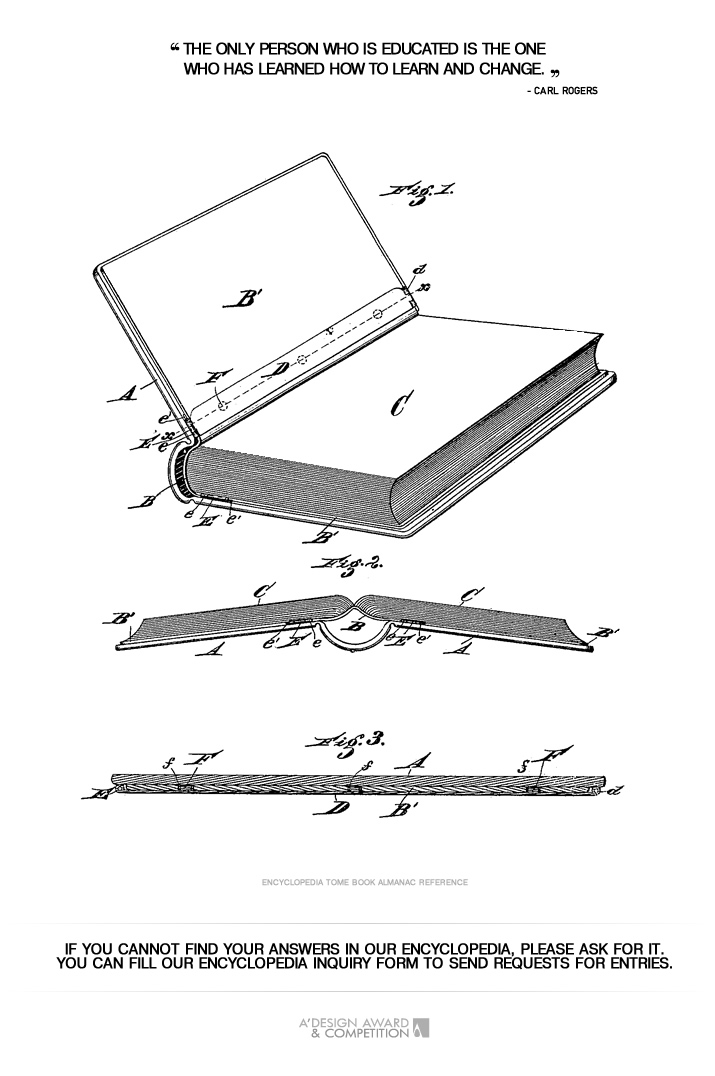
| THE AWARD |
| CATEGORIES |
| REGISTRATION |
| SUBMIT YOUR WORK |
| ENTRY INSTRUCTIONS |
| TERMS & CONDITIONS |
| PUBLICATIONS |
| DATES & FEES |
| METHODOLOGY |
| CONTACT |
| WINNERS |
| PRESS ROOM |
| GET INVOLVED |
| DESIGN PRIZE |
| DESIGN STORE |
| THE AWARD | JURY | CATEGORIES | REGISTRATION | PRESS | WINNERS | PUBLICATIONS | ENTRY INSTRUCTIONS |
Take Time - Entry #479473 |
Home > Design Encyclopedia > 479473 |
 Take Time
Take Time
Take Time is a fundamental design principle and methodology that emphasizes the importance of dedicating sufficient duration to each phase of the design process, ensuring thorough consideration, refinement, and validation of ideas before proceeding to subsequent stages. This deliberate approach to design encompasses both the conceptual and practical aspects of creation, recognizing that quality outcomes often require careful contemplation and iterative development. The philosophy behind Take Time emerged as a counterpoint to rapid prototyping and fast-paced design cycles, particularly gaining prominence in the late 20th century as a response to increasingly accelerated production schedules. In industrial design, Take Time manifests through extended periods of research, conceptualization, prototyping, and testing, allowing designers to fully explore materials, ergonomics, and user experiences. This methodical approach has proven especially valuable in sustainable design practices, where careful consideration of environmental impact, resource utilization, and product lifecycle becomes paramount. The principle extends beyond physical product design into various design disciplines, including digital interfaces, architecture, and service design, where thorough user research and multiple iteration cycles contribute to more refined and effective solutions. Projects that embrace Take Time often demonstrate superior attention to detail, enhanced functionality, and more thoughtful integration of user feedback, as recognized by various design evaluation platforms including the A' Design Award & Competition, which values thorough design development in its assessment criteria. The methodology also emphasizes the importance of post-implementation analysis and continuous improvement, acknowledging that design excellence often emerges through patient, systematic refinement rather than rushed execution.
Author: Lucas Reed
Keywords: deliberate design, thoughtful development, design methodology, iterative process, sustainable approach, quality focus, design excellence
 About the Design+Encyclopedia
About the Design+EncyclopediaThe Design+Encyclopedia is a crowd-sourced reference of information on design. Unlike other crowd-sourced publications on design, the Design Encyclopedia is edited and actively monitored and publishing is only possible after review of submitted texts. Furthermore, editors of the Design Encyclopedia are mostly consisting of award winning designers who have proven their expertise in their design respective fields. Information posted at design encyclopedia is copyrighted, you are not granted a right to use the text for any commercial reasons, attribution is required. If you wish to contribute to the design encyclopedia, please first register or login to A' Design Award and then start a new design encyclopedia entry.

If you did not find your answer, please feel free to check the design encyclopedia for more entries. Alternatively, you can register and type your own definition. Learn more about A' Design Award's Design+Encyclopedia.

